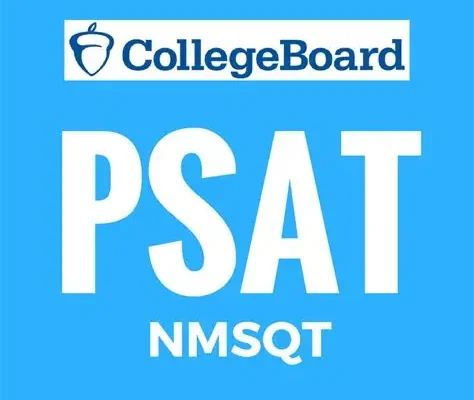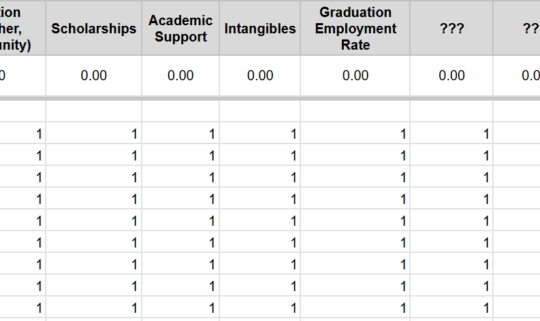As a college and career specialist at Arizona’s largest high school, I worked with over a thousand seniors who graduated annually. In my meetings with students, I often heard their thoughts on college admissions. Above all, it became clear that these students sought to be truly listened to by their parents, craving more understanding and less advice.
Here’s what I learned by listening to my college-bound students.
Students want to choose their major and don’t want parents’ input
The first question that every new college student is asked repeatedly is, “What’s your major?” I begin with that question too. I usually follow up by asking for some reasons why they chose that particular major.
Choosing a college major that satisfies all criteria can be challenging for students and parents. Parents often desire a practical, future-proof major that translates well into the business world for their children. On the other hand, students seek a major that is engaging, potentially creative, and in line with their aspirations. For many, it represents the first opportunity to pursue a subject they are truly passionate about, as opposed to the compulsory nature of high school courses.
I’ve heard numerous students discuss starting with a major their parents consider ideal and then switching to their preferred choice later in their academic journey.
The bottom line: Many students feel overlooked regarding their choice of major and judged because it doesn’t align with their parents’ vision of the “correct” path. Initiating a conversation with students can aid in clarifying their own aspirations and career goals.
Students are stressed about finances and tuition, too!
Students and parents are often concerned about finances. Conversations I’ve heard include concerns such as, “I’m anxious about my mom struggling to pay for college when funds are already tight,” “I must navigate the FAFSA on my own since my parents won’t assist,” and “The prospect of enduring debt looms, yet it seems there’s no alternative.”
The students I have worked with are typically diligent and despise the stereotype that their generation is lazy and uninterested in working towards their future. They are seriously considering their college options and the financial planning required to realize those aspirations. This concern is growing as tuition fees continue to rise.
The bottom line: Students and parents who engaged in open and honest discussions about finances tended to fare better, experiencing less stress and gaining a greater capacity to plan, even if it required students to cover their own expenses.
Some students just don’t want to go to college
Sometimes, I heard, “I don’t even want to go to college, but I can’t tell my parents.”
Hearing this was difficult as it signified that students were unable to freely express their chosen paths, be it travel, Teach for America, mission trips, blue-collar work, or technical school.
Some students concealed the truth, squandering thousands of dollars—either their own or their family’s—only to drop out a year later. Others pressed on with their college journey yet remained unhappy throughout. The burden of letting down their family weighed heavily on them.
The bottom line: Start by discussing “if” and “not ” when a student might go to college, fairly presenting other reasonable options and pathways to success.
In Summary – Open Communication is key
Generally, kids want to impress their parents and prove they can succeed at the college of their dreams. All of this can be more easily achieved if parents and college-bound kids are open to having conversations.
Throughout the college application season, most advice for parents has centered on listening, offering guidance when solicited, or simply supporting as a chaperone for college tours. The most valuable tip I received was to simply listen—wait to be asked a question before leaping into problem-solving mode.
When working with students, I encourage them to create a pros and cons list for difficult decisions. It’s important that this list includes their parents’ perspectives. Once a decision is reached, they should review it with their parents, presenting all the information they’ve compiled. My additional advice is to begin the conversation by asking their parents to listen before responding. After explaining, the student can then ask, “What do you think?” This approach should demonstrate to parents the effort and thoughtfulness their child has put into the decision-making process.







